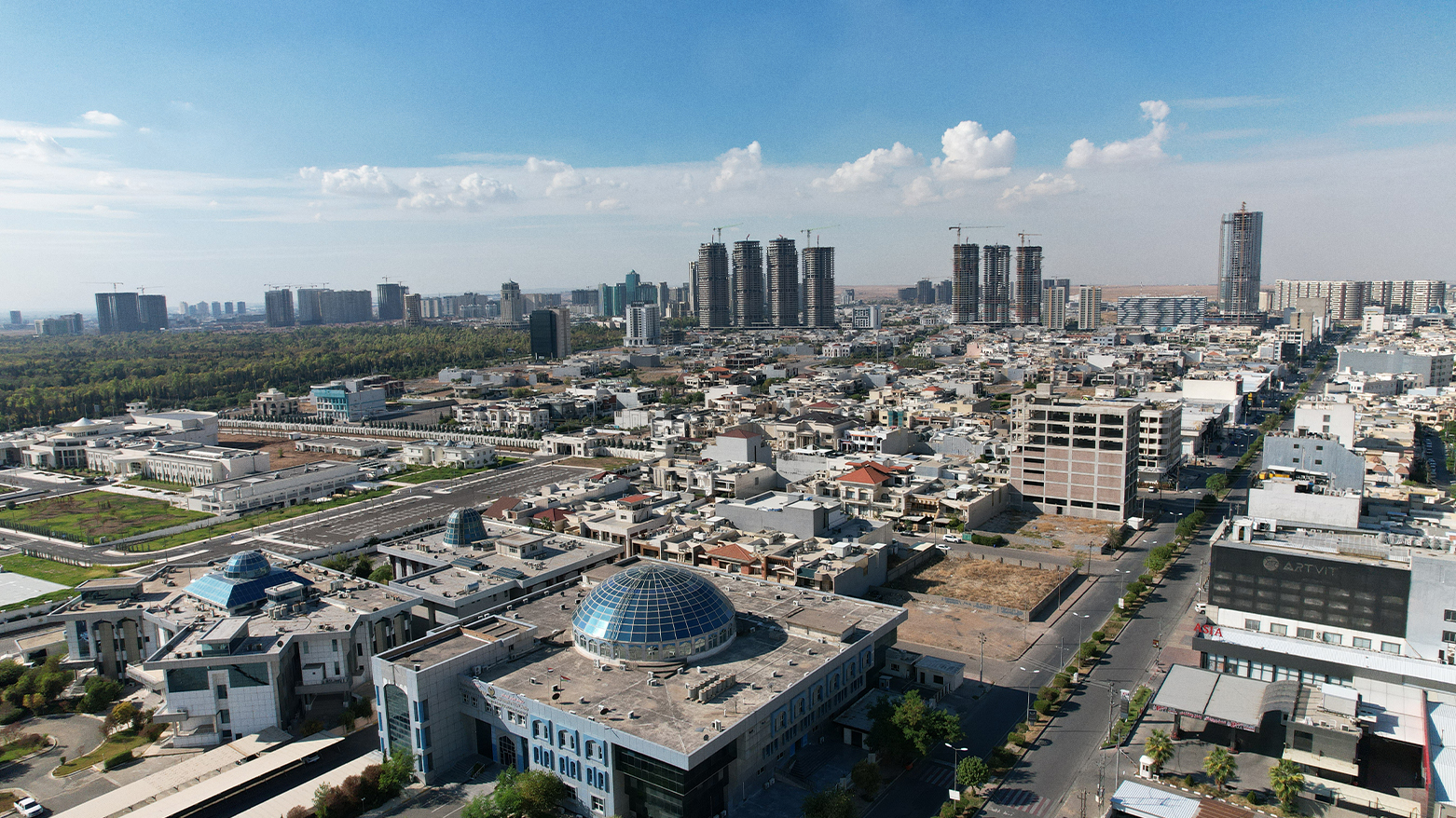KRG Adopts Kurdish Design Code for Mosque Construction
From among the numerous designs submitted, the Ministry selected a model reflecting traditional Kurdish elements, particularly the form of the Kurdish skullcap and turban to define the Kurdistan Region’s new mosque architecture.

By Kamaran Aziz
ERBIL (Kurdistan24) – In a landmark move to preserve and promote local identity, the Kurdistan Region’s Ministry of Endowments and Religious Affairs has announced that all newly built mosques in the Region’s cities and towns must adopt Kurdish architectural elements inspired by traditional dress, including the iconic Kurdish skullcap and turban.
Mohammed Mushir, Director of Mosque Architecture at the Ministry, told Kurdistan24 on Friday that the decision aims to ensure a distinct Kurdish architectural character for the Region’s mosques. “To ensure the mosques in the Kurdistan Region have a Kurdish Identity, four years ago we requested a number of engineering offices across all cities and towns to submit special designs for the construction of mosques,” he explained.
From among the numerous designs submitted, the Ministry selected a model reflecting traditional Kurdish elements, particularly the form of the Kurdish skullcap and turban to define the Kurdistan Region’s new mosque architecture.
This directive will apply to all mosque construction projects in cities and towns across the Kurdistan Region. Villages are exempt from the regulation due to the financial burden and smaller scale of rural mosques.
“So far, permits have been issued for construction of more than 100 mosques based on this style,” Mushir added. “Over 50 of them are in Erbil, and several of them have already been completed.”
The Ministry’s initiative is part of a broader strategy to assert and preserve Kurdish cultural identity in religious and public spaces, particularly by avoiding mosque designs that replicate styles from neighboring countries.
Currently, the Kurdistan Region is home to 6,150 mosques, with Friday sermons delivered in more that 3,000 of them. The architectural transformation signals a new era in the Region’s religious landscape, one rooted in its own heritage and visual identity.
Shorsh Harki, Kurdistan24's correspondent from Erbil contributed to this report.